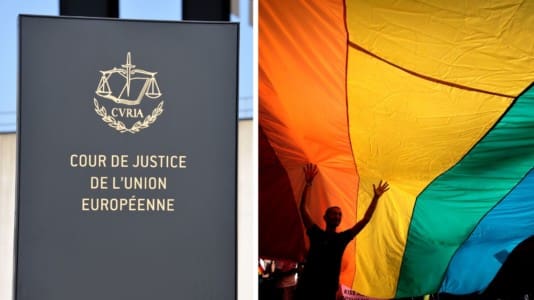The Czech Republic will use its presidency of the Council of the EU in the second half of next year to build relations with the EU’s mainstream countries, according to Czech Minister for European Affairs Mikuláš Bek in an interview with Bloomberg, published on Wednesday.
The shift in Czech foreign policy could be a serious threat to the Visegrád Four alliance, which consists of Hungary, Poland, Slovakia, and Czechia. Hungary and Poland, in particular, could lose their key ally on a number of key issues important to conservatives, including regarding issues like LGBT, judicial reform, and rule-of-law sanctions.
According to Bek, Czechia is on the side of Brussels against Poland and Hungary on several controversial topics: from the approach to sexual minorities to the question of the independence of the Polish judiciary.
“Our position in their rule of law stand-off with the European Union will definitely be different to theirs,” the Czech minister of European affairs said.
Bek says that Czechia will try to balance the traditional regional alliances with Poland and Hungary, which have long-standing disputes with Brussels, with building new relations, according to Czech news outlet Irozhlas.
“We have a system in place for pretty close cooperation with our counterparts in the Visegrad Group,” Bek said to Bloomberg.
“That’s good, and it has been productive for us, but we need to reach beyond that and create something similar with other countries too,” he added.
According to the Czech minister, the Czech Republic could try to make closer alliances within the EU, besides others with Germany and Austria, to fulfill the European initiative. That includes the sale of cars with internal combustion engines should end by 2035.
The Czech government also wants to work with France to ensure that the EU recognizes nuclear energy as a clean energy source.
“The point is not to abandon the existing partnerships, even though we disagree on some issues, but to strike new ones with other member states too,” Bek specified.





